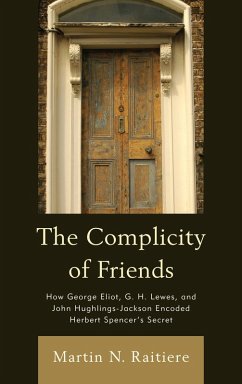
The Patient Observer and His Friends (eBook, ePUB)
Versandkostenfrei!
Sofort per Download lieferbar
1,99 €
inkl. MwSt.
Weitere Ausgaben:

PAYBACK Punkte
0 °P sammeln!
Simeon Strunsky's "The Patient Observer and His Friends" presents a contemplative collection of essays that weave together personal reflection and sociocultural critique. Strunsky's literary style is marked by a keen observational acuity, blending anecdotal evidence with philosophical musings that traverse the realms of human experience, society, and art. Set against the backdrop of early 20th-century America, each piece takes a moment to pause and reflect on the complexities of life, giving voice to the nuanced interplay between the individual and the broader social fabric. Strunsky, a notabl...
Simeon Strunsky's "The Patient Observer and His Friends" presents a contemplative collection of essays that weave together personal reflection and sociocultural critique. Strunsky's literary style is marked by a keen observational acuity, blending anecdotal evidence with philosophical musings that traverse the realms of human experience, society, and art. Set against the backdrop of early 20th-century America, each piece takes a moment to pause and reflect on the complexities of life, giving voice to the nuanced interplay between the individual and the broader social fabric. Strunsky, a notable figure in the literary landscape of his time, was deeply influenced by the currents of modernism and the burgeoning discourse around identity and community. His diverse background as a journalist and critic allowed him to cultivate a distinctive voice, characterized by both introspection and a commitment to exploring societal issues. These influences are palpable within "The Patient Observer and His Friends," where personal narratives intersect with broader discussions about the human condition. This collection is recommended for readers seeking a thought-provoking exploration of life's intricacies through the lens of an adept observer. Strunsky's insightful commentary invites readers to engage with their own experiences, rendering this book an essential read for those interested in the intersections of literature, philosophy, and social critique.
Dieser Download kann aus rechtlichen Gründen nur mit Rechnungsadresse in A, B, BG, CY, CZ, D, DK, EW, FIN, F, GR, H, IRL, I, LT, L, LR, M, NL, PL, P, R, S, SLO, SK ausgeliefert werden.













